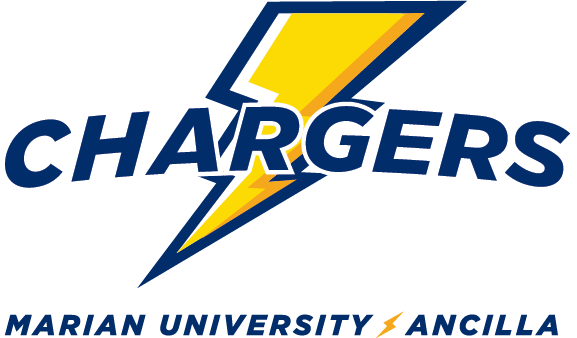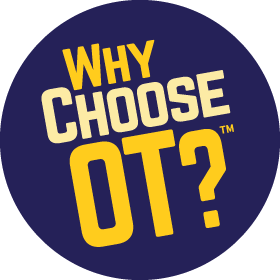Our Higher Learning Commission substantive change application has been submitted to the accreditor and is pending HLC review. For additional information about Marian University's institutional accreditation, contact the Assistant Provost for Accreditation and Administration.
The Marian University entry-level occupational therapy doctoral degree program has applied for accreditation by the Accreditation Council for Occupational Therapy Education (ACOTE) of the American Occupational Therapy Association (AOTA), located at 7501 Wisconsin Avenue, Suite 510E, Bethesda, MD 20814. ACOTE’s telephone number c/o AOTA is (301) 652-AOTA, and its web address is www.acoteonline.org.
The program must be granted Candidacy Status, have a preaccreditation review, complete an on-site evaluation, and be granted Accreditation Status before its graduates will be eligible to sit for the national certification examination for the occupational therapist administered by the National Board for Certification in Occupational Therapy (NBCOT). After successful completion of this exam, the individual will be an Occupational Therapist, Registered (OTR).
In addition, all states require licensure to practice; however, state licenses are usually based on the results of the NBCOT Certification Examination. Note that a felony conviction may affect a graduate’s ability to sit for the NBCOT certification examination or attain state licensure.
Students must complete 24 weeks of Level II fieldwork and an individual 14-week capstone experience within 24 months following the completion of the didactic portion of the program. The doctoral capstone experience must be started after completion of all coursework, Level II fieldwork and preparatory activities defined in 2018 ACOTE OTD Standard D.1.3.
Students enrolled in the Doctor of Occupational Therapy (OTD) program are required to participate in fieldwork experiences in order to successfully complete the program. Prior to participating in fieldwork experiences, all students are required to obtain and pay for a background check and any other mandatory screening processes. Upon completion, students are required to submit necessary documentation via the appropriate vendor, as identified by the department. The timeline for completion of the background checks and other screening processes will be articulated by the program.
Positive results from a criminal background check that are sufficiently severe in nature may result in the inability of a student to progress in the program and may result in dismissal. Examples of sufficiently severe offenses include, but are not limited to; violent felony convictions, convictions for crimes of deception, convictions for sex crimes, and placement on a sex offender registry. Any subsequent criminal arrests that occur after enrollment must be reported to the unit Dean, or designee.
When a student has a positive finding on a criminal background check, they are strongly encouraged to go through the NBCOT Early Determination process. The appropriate personnel on campus and at a fieldwork site will evaluate the information and surrounding circumstances to determine if the student can participate in a fieldwork experience. Although the University will make reasonable efforts to place admitted students in field experiences and internships, it will be up to the host facility to determine whether a student will be allowed to work at that facility. The occupational therapy program will take reasonable steps to find alternate placements, but a failure to place students as a result of a positive criminal background check may result in a student being unable to satisfy the graduation requirements of the program.
Even if allowed to progress in the program, students should be aware that a criminal record may jeopardize licensure by the State certification body. Students are advised to consult the appropriate certification body corresponding to their intended occupation for more details.
Successful completion of a program of study does not guarantee licensure, certification, or employment in the relevant occupation.



